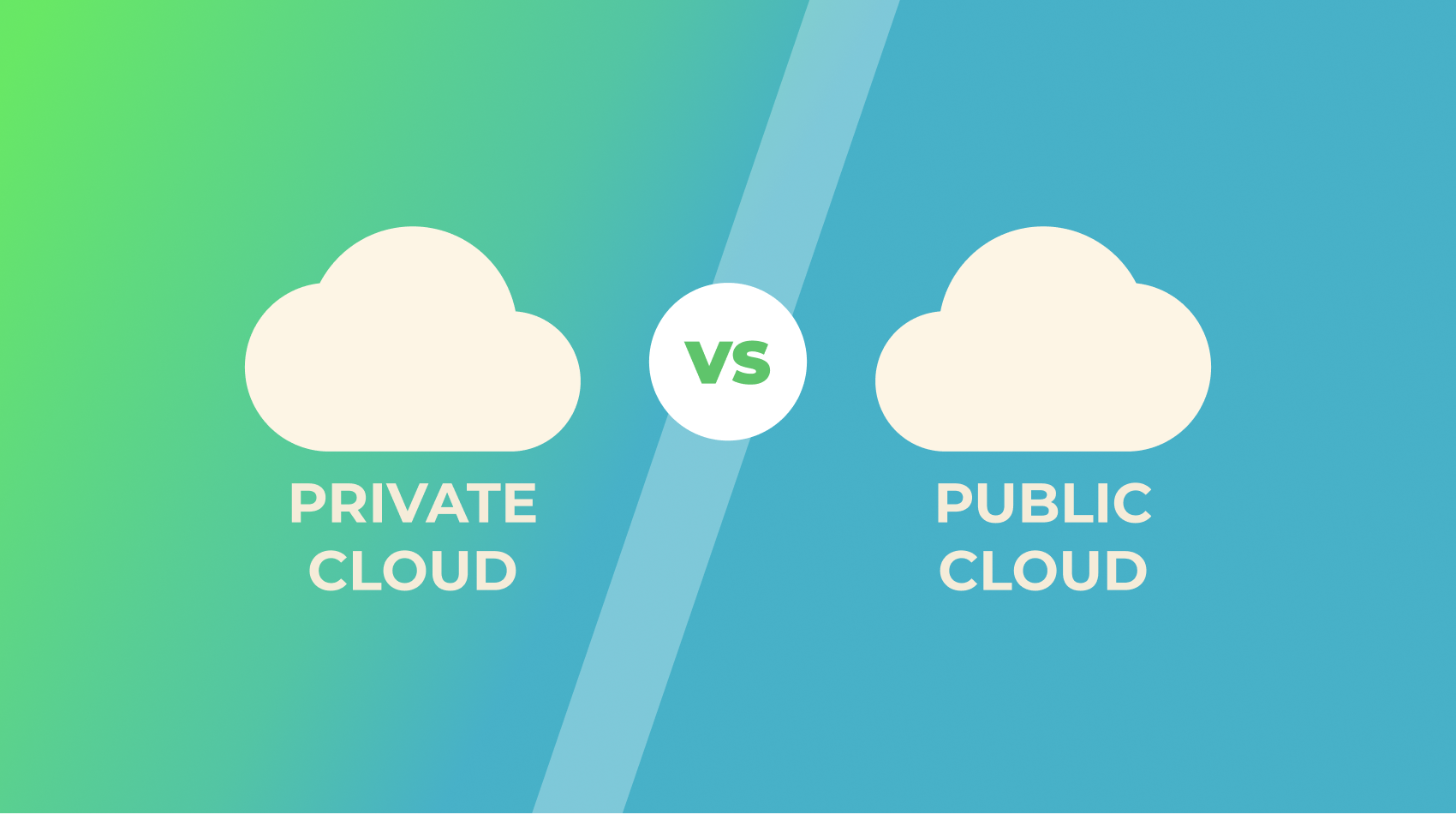
What is the difference between public and private clouds?
The public cloud and the private cloud are two types of cloud computing services that have advantages and disadvantages in terms of accessibility, ownership, cost, speed, performance, security and customisation. Understanding these differences can help businesses make informed decisions about which type of cloud best suits their needs.
Cloud computing models, such as private and public environments, offer different solutions for deploying applications and services. The use of these environments depends on the specific needs of the organisation in terms of network, security and scalability.
The public cloud model is based on service platforms provided by third parties. Software and services are deployed on systems shared by several organisations. This model offers greater flexibility and cost-effective use of resources, but can present challenges in terms of security and control.
The most common public cloud services are Amazon Web Services (AWS), Microsoft Azure and Google Cloud Platform. Users can rent or buy these resources according to their needs and budget.
The public cloud is accessible to everyone, which means that resources are shared by many users. This reduces operating costs for individual users, as they only pay for what they use, and can easily increase or decrease their resources according to their needs. The public cloud can offer speed and performance benefits, as public cloud providers often invest in high-performance infrastructures and distribute resources across multiple servers to reduce latency. This can help to improve page loading speed, an important criterion for natural referencing.
However, the public cloud can also have disadvantages in terms of security and confidentiality, as resources are shared by many users. Although public cloud providers take security measures to protect data, the risks of cyber-attacks or data leaks are higher than in the case of a private cloud.
What does “private” cloud mean ?
In the private cloud model, software and services are deployed on an internal network, exclusively for one organisation. This level of control means that data is better protected and solutions can be customised. However, the cost and complexity of deployment and maintenance can be higher in a private environment.
The private cloud can be hosted on site, meaning that the company has its own servers and infrastructure, or it can be hosted by a third-party private cloud service provider. In both cases, the company has total control over its private cloud, enabling it to tailor functionality and performance to its needs.
The private cloud can offer advantages in terms of security and confidentiality, as data is stored on servers dedicated to a specific company. This reduces the risk of cyber-attacks and data leaks. What’s more, the private cloud can offer better performance and greater customisation to the specific needs of the business.
However, the private cloud can also have disadvantages in terms of cost, as the company has to invest in the purchase, configuration and management of its own servers and infrastructure. What’s more, the private cloud may not offer the flexibility and scalability of the public cloud, because the company has to adapt to its own resources.
Which Cloud solution to choose ?
There are also hybrid environments that combine the benefits of private and public cloud models, depending on the needs of the organisation. Applications and services can be deployed on both types of platform, depending on specific security and performance requirements.
The use you expect of your cloud environment will determine the type of solution that is best for you. Whether it’s a private, public or hybrid solution, you first need to determine the level of control you want to give one or more organisations over your data.
In short, the choice between a private, public or hybrid cloud environment depends on the needs of the organisation or user who wants to benefit from it, in terms of working software, security, cost and scalability. Companies need to carefully assess their needs to determine the best solution for their system and applications.
Get some info about Murena Cloud !


 Australia
Australia Austria
Austria Belgium
Belgium Bulgaria
Bulgaria Canada
Canada Croatia
Croatia Cyprus
Cyprus Czech Republic
Czech Republic Denmark
Denmark Estonia
Estonia Finland
Finland Germany
Germany Greece
Greece Guernsey
Guernsey Hong Kong
Hong Kong Hungary
Hungary Iceland
Iceland Ireland
Ireland Italy
Italy Jersey
Jersey Latvia
Latvia Liechtenstein
Liechtenstein Lithuania
Lithuania Luxembourg
Luxembourg Malta
Malta Netherlands
Netherlands New Zealand
New Zealand Norway
Norway Poland
Poland Portugal
Portugal Reunion
Reunion Romania
Romania Singapore
Singapore Slovakia
Slovakia Slovenia
Slovenia South Korea
South Korea Spain
Spain Sweden
Sweden Switzerland
Switzerland United Kingdom (UK)
United Kingdom (UK) United States (US)
United States (US)